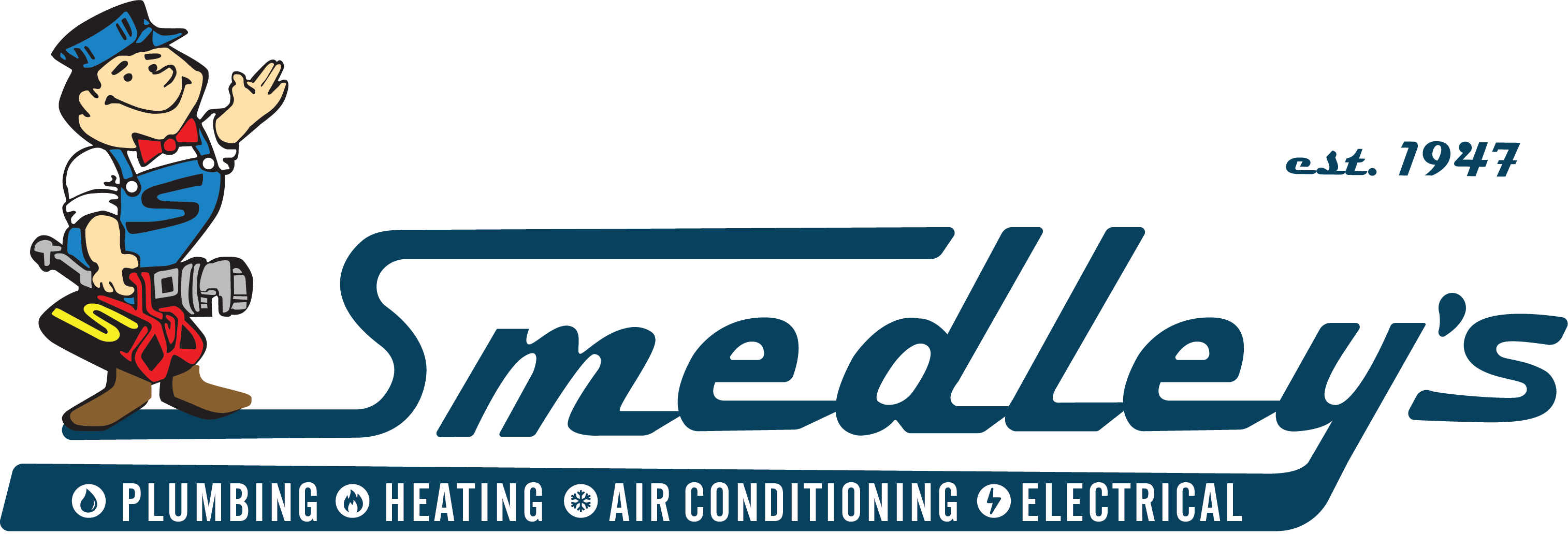Hard water is a common problem in Utah. In Layton, our water hardness falls between 112 and 169 mg/L, which means that we have moderately hard to hard water. Hard water is a problem for water heaters because it causes a mineral buildup that can reduce the efficiency of the unit and shorten its service life. Knowing how to recognize the signs of hard water and taking action to protect your water heater can help lengthen its lifespan and improve its efficiency.
Recognize the Signs of Hard Water
Getting your water tested is the best way to determine if you have hard water. However, it’s often easy to tell when a home has hard water—even without sending the water in for testing. The following signs will tell you if hard water is a problem for you:
- Scale on your plumbing fixtures. If you have hard water, you’ll see a buildup of scale on your plumbing fixtures, especially around the opening of faucets and drains. This scale will be crusty and flaky. It may be white, blue, or green. You may be able to scratch some of this scale off with your fingernails, but most of it will be impossible to scratch off.
- Stains on your dishes and windows. Scale will build up on anything in your home that regularly touches water. As a result, you’ll see scale on your windows, dishes, glasses, and other items that get washed regularly.
- Water bill increases. As hard water causes your hot water heater to lose efficiency, your gas bill or electrical bill will go up, depending on whether your home’s water heater is gas or electric.
- Noise from your water heater. Once minerals have built up in the bottom of your hot water heater, you’ll likely hear noises coming from inside the tank. This noise will start every time your water heater turns on.
If you notice any of these signs, get in touch with your plumbing professional as soon as possible.
Drain Your Water Heater Regularly
Draining your water heater will help rid the unit of the minerals at the bottom of the tank. Since these minerals can cover up the heating elements in the bottom of the tank and force your water heater to work extra hard, draining the water heater periodically can extend its service life. To empty the water heater, turn off the power to the unit and close the valve that controls the cold water supply. Turn on the hot water in a sink somewhere in your home. Next, attach a hose to the spigot at the bottom of the water heater and run the hose to a drain outside your home.
Open the spigot and allow the water to drain from the heater. The water will appear dirty at first. This discoloration is from the sediment in the unit. When the water runs clear, turn off the spigot. Close the faucets in the home, turn on the cold water supply to the heater, and turn on the power to the unit. This way, the water heater will fill back up. Do this process once annually to prevent minerals from building up too much in the bottom of your water heater.
Get a Water Softener
Getting a water softener will help preserve your water heater and prevent minerals from ever building up. Having a water softener will also reduce the frequency you need to drain your water heater.
Work With Smedley Service
At Smedley Service, we can help you lengthen the service life of your water heater by performing regular inspections and repairs. We can also help homeowners with any plumbing and HVAC issues, so contact us today.




